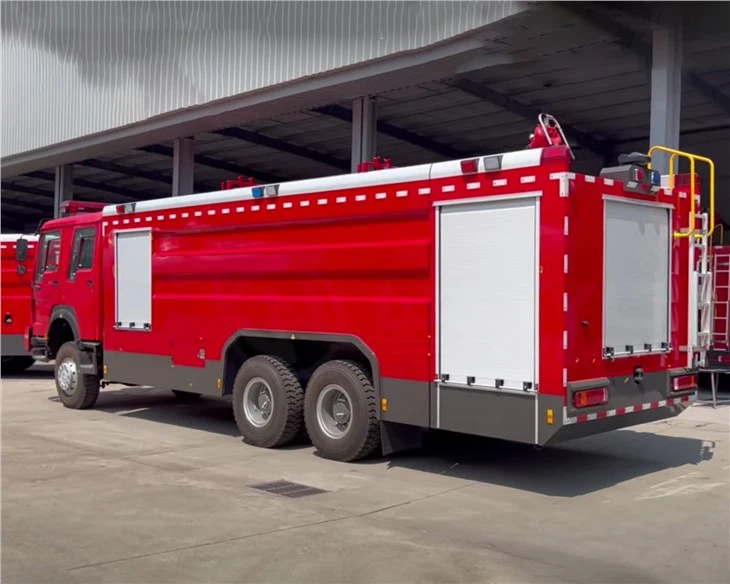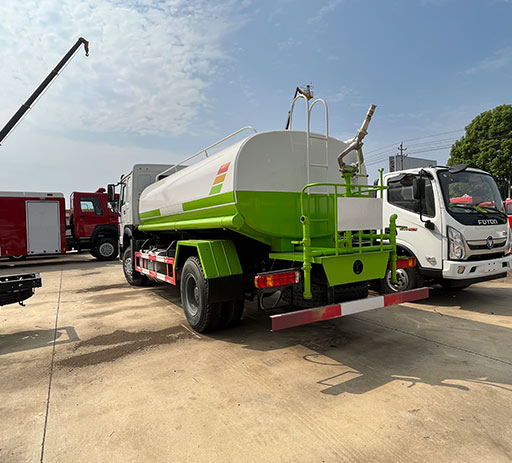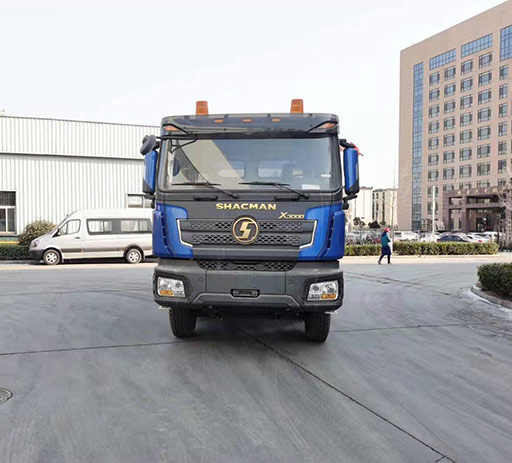Ultimate Guide to Box Compactor Machines: Efficiency, Types, Uses, and Benefits

Introduction
In today’s fast-paced industrial environment, the efficient handling of waste materials is crucial for maintaining cleanliness, improving safety, and maximizing productivity. One effective tool in this regard is the box compactor machine. This machine is designed to reduce the volume of cardboard and other materials, allowing businesses to save space, lower disposal costs, and enhance recycling efforts. In this comprehensive guide, we will explore the various aspects of box compactor machines, including their types, benefits, applications, and tips for maintenance. Let’s dive in!
What is a Box Compactor Machine?
A box compactor machine is an equipment used to compress cardboard boxes and other materials into compact bales or bundles. These machines create structured shapes that are easier to store, transport, and recycle. By reducing the volume of waste materials, box compactors help businesses optimize their waste management processes.
Types of Box Compactor Machines
1. Vertical Box Compactor Machine
Vertical box compactors are typically used in smaller facilities with limited space. They are designed to handle lighter volumes of material and work by depositing waste material into a chamber that compresses it from above.

Advantages of Vertical Box Compactors
- Space-saving design
- Affordable investment
- Easy operation
2. Horizontal Box Compactor Machine
Horizontal box compactors are ideal for businesses that generate larger volumes of waste. They allow for continuous feeding of materials and can compact the waste into larger bales, making them suitable for high-volume operations.
Advantages of Horizontal Box Compactors
- Higher compaction ratios
- Large capacity
- Ideal for heavy-duty applications
3. Self-Contained Box Compactor

Self-contained box compactors are designed to manage waste with an integrated container. They are perfect for businesses where direct dumping into dumpsters is not feasible.
Advantages of Self-Contained Box Compactors
- All-in-one machine
- Reduces odors and pest issues
- Convenient for remote locations
Common Applications of Box Compactor Machines
1. Retail Stores
Retail stores generate substantial amounts of cardboard waste. Box compactors help in managing this waste efficiently by compressing it into manageable sizes, reducing storage space and waste disposal costs.
2. Manufacturing Facilities
Manufacturers often deal with large volumes of packing materials. Using a box compactor machine allows them to streamline their waste management process and promote recycling.
3. Warehouses
In warehouses, box compactors are essential for handling excess packaging waste. They help in maintaining organization and cleanliness within the facility.
4. Distribution Centers
Distribution centers that handle large shipments benefit from box compactors by efficiently compressing discarded cartons and boxes, ultimately saving on disposal expenses.
Benefits of Using a Box Compactor Machine
1. Space Efficiency
By compressing waste materials, box compactors help businesses save valuable floor space, allowing for better organization and improved workflow.
2. Cost Reduction
Reducing the volume of waste leads to fewer pickups, which translates to lower waste disposal costs over time.
3. Environmental Impact
Box compactors support recycling initiatives by creating easily manageable bales that can be easily transported to recycling facilities.
4. Safety Enhancement
Keeping waste materials compact and organized helps mitigate hazards caused by clutter, ensuring a safer working environment.
Factors to Consider Before Purchasing a Box Compactor Machine
1. Volume of Waste Generated
Assess how much cardboard and other waste materials your business generates to select the right type and size of box compactor.
2. Available Space
Consider the layout of your facility and how much space you are willing to dedicate to a box compactor machine.
3. Budget
Determine your budget not only for the initial purchase but also for maintenance and any ongoing operational costs.
4. Required Features
Consider the specific features you need, such as automatic feed systems, safety features, or dust suppression methods.
Maintenance Tips for Box Compactor Machines
1. Regular Inspections

Perform routine inspections to check for wear and tear on critical components such as compressing plates, hydraulic systems, and safety mechanisms.
2. Keep It Clean
Maintain cleanliness around the machine to promote efficiency and to prevent jams and malfunctions.
3. Lubrication
Frequently lubricate parts as required to enhance the lifespan and performance of the machine.
4. Follow the Manufacturer’s Guidelines
Always adhere to the manufacturer’s recommendations for maintenance schedules and operational procedures.
Cost Analysis of Using a Box Compactor Machine
Investing in a box compactor can bring about significant cost savings over time. Below is a simplified cost analysis table that could be relevant for businesses considering this investment.
| Cost Component | Estimated Monthly Cost (USD) |
|---|---|
| Waste Disposal (Before Compactor) | 500 |
| Maintenance Cost of Compactor | 100 |
| Waste Disposal (After Compactor) | 200 |
| Total Savings | 200 |
FAQs About Box Compactor Machines
1. How does a box compactor machine work?
A box compactor machine uses hydraulic power to compress cardboard boxes and other materials, reducing their volume significantly and creating manageable bales.
2. What materials can I compress with a box compactor?
You can compress a variety of materials, including cardboard, paper, plastic, and in some cases, metals.
3. How often should I maintain my box compactor?
Routine maintenance should be performed every month, while more thorough inspections should be scheduled as recommended by the manufacturer.
4. Can a box compactor machine help with recycling efforts?
Yes, box compactors are highly effective in preparing materials for recycling by creating dense bales that are easy to transport and handle.
5. Are box compactors suitable for small businesses?
Yes, there are vertical and smaller-sized box compactors designed specifically for small businesses with limited waste volume.
6. What are the safety features of a box compactor machine?
Most box compactors come equipped with safety features such as emergency stop buttons, locking mechanisms, and sensors to prevent injury during operation.
